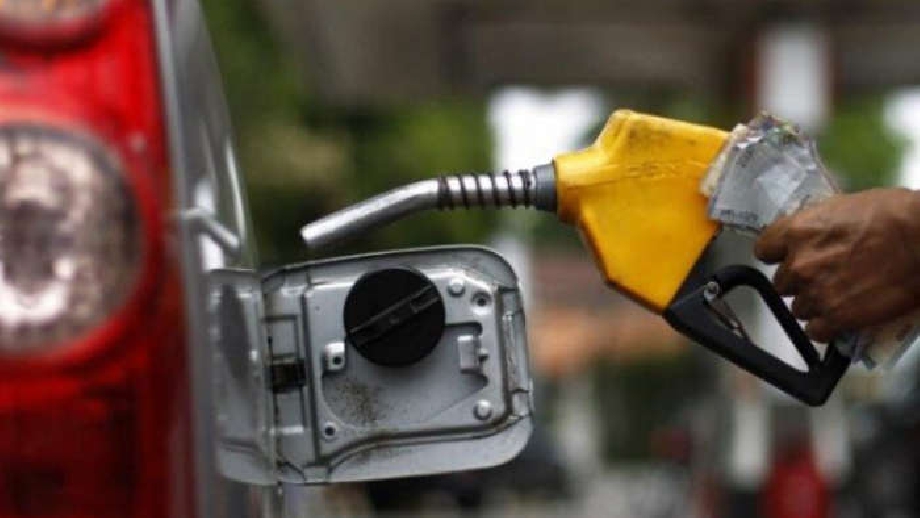BY SAM OTUONYE
As price of petrol drops Nigerians have expressed enthusiasm and optimism over its continuous fall in the light of the expectation that the remaining of the nation’s refineries – Kaduna , Warri, and the second Port Harcourt, would soon come on stream and with Dangote refinery receiving more crude from the NNPC Ltd.
The Nigerian National Petroleum Company Limited (NNPC Ltd) has assured Nigerians of its commitment towards resuscitating the remaining refineries next year.
The NNPC Ltd had on Saturday reduced the pump price of Premium Motor Spirit (petrol) at its retail outlets in Abuja from N1,060 to N1,040, given a reduction of N20. This is even as some Nigerians opine that the national oil company was forced to reduce its price by the oil marketers who had crashed their price to N1,080 or N1,090, depending on the location from N1,150 and N1,200, since last week.
The price adjustment was also alluded to the commencement of petroleum production at the state-owned Port Harcourt refinery three weeks ago.
This opinion was supported by the prediction of some industry experts at the take-off of Dangote and Port Harcourt refineries.
Prof. Billy Okoye, the former Managing Director of NNPCL Retail, had predicted a possible drop in fuel prices with the refinery’s operations coming online.
Similarly, oil marketers and associations like the Independent Petroleum Marketers Association of Nigeria (IPMAN) and the Petroleum Products Retail Outlets Owners Association (PETROAN) had indicated that the deregulation of the petroleum sector and the operations of both the Dangote and Port Harcourt refineries could lead to lower petrol costs.
New National Star investigations showed that Nigerians are happy with the development even as they asked for further reduction.
A motorist in Abuja, who gave his name as Ezekiel Njoku, and confirmed the NNPC Ltd price reduction said: “The reduction of N20 is significant. We need further fuel price reductions in the coming days.”
In Enugu, Joseph Eze, a tailor who bought petrol at a fuel station for his generator noted that even though the price cut by NNPC had not reached the South East but in the last week the price had gone down to N1,090.
Another motorist in Abuja, who gave his name simply as Gambo, when asked whether the price cut would drop transport fare, said: “Even though it is small it can affect it somehow, but it is hoped that it will continue to drop.”
On the cost of food and ancillary products, a food stuff dealer in Dutse Market, Abuja, Mr. Stephen Egbe, expressed hope that the petrol price fall would positively impact on transportation cost which is a direct trigger of cost of food items.
He said: “If the petrol price comes down definitely it will affect the cost of transporting goods and that will lower the cost of food stuffs and reduce hardship.”
Another factor that is expected to reduce the petrol price is the Naira-for-Crude policy, which IPMAN National Publicity Officer, Chinedu Ukadike, said it is adding value and will do better when NNPC Ltd begins to deliver the agreed minimum of 385 million barrels of crude per day supply to Dangote refinery.
In an interview with a news medium, Ukadike said:
“The naira-for-crude initiative is still based on foreign exchange, the volume of crude oil the Federal Government has allocated to the refinery since inception and what the production is.
“I have also heard from a great authority that Dangote is still importing crude from the USA. If my assertion is correct, it means that domestic intervention may not be able to encourage lower prices,” he added.
Responding to the disappointment of Nigerians that the naira-for-crude initiative has not reduced petrol prices, he retorted, “No, it is healthy; it will continue to make the sector better, like the telecommunications sector. Now, we are no longer talking about scarcity; what we are talking about is pricing. The issue of scarcity is gone, which was one of the factors that made the price of petroleum products go high. All things being equal, we will reap the benefit of deregulation.
“These things are done for the benefit of Nigerians, and marketers are committed to anything that would alleviate the suffering of people queueing for fuel. Remember, this is a festive period, and fuel needs to be available at a cheaper rate.”
